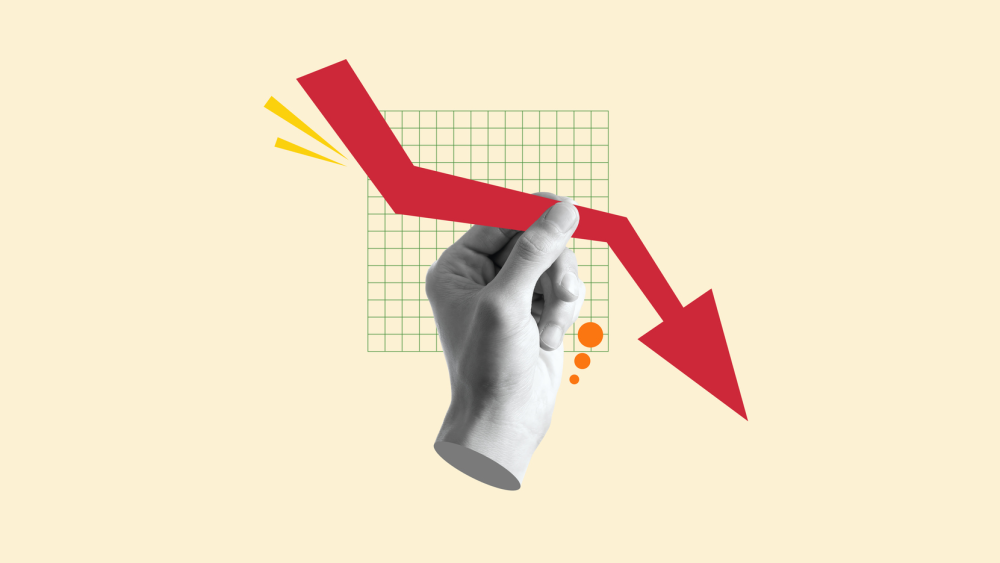In a show of solidarity with the growing movement among health professionals to overcome the social barriers impacting patient health, HealthBI, a division of Equality Health, announced today that it fully supports the joint initiative between UnitedHealthCare and the American Medical Association (AMA
|
PHOENIX, May 16, 2019 /PRNewswire/ -- In a show of solidarity with the growing movement among health professionals to overcome the social barriers impacting patient health, HealthBI, a division of Equality Health, announced today that it fully supports the joint initiative between UnitedHealthCare and the American Medical Association (AMA) to better understand and address social barriers and advocate expansion of the ICD-10 code set to include a more comprehensive set of codes related to social determinants of health (SDOH).
UnitedHealthcare and the AMA are advocating for the addition of 23 new codes to capture additional SDOH data, building on existing codes to create a truly whole-person approach to care. HealthBI and parent company Equality Health both believe that expanding the ICD-10 codes will be a significant step toward reimbursement of nonclinical support by standardizing fair market value for these services. "Healthcare professionals know all too well that even the best care plan can be undermined by a patient's struggle to maintain adequate housing and food, or have a reliable mode of transportation, among other needs. Codifying these challenges as real health problems will go a long way in enabling and incentivizing providers to connect patients to crucial resources in their communities," said Koorosh Yasami, Chief Operating Officer of HealthBI. Turning communities into care teams Equality Health is already known for providing the technology, training and financial incentives to enable physicians to routinely assess patients for social and cultural risk factors. A core component of this is through HealthBI's CareEmpower platform, which has built-in capabilities that include a social and cultural risk assessment tool and a referral network of community-based organizations that connect patients to food, shelter, transportation, behavioral health counseling and more. More broadly, CareEmpower is used by providers to proactively manage, coordinate and transition patient care for large complex patient populations—and to close the gaps in care that otherwise result in poor health outcomes, inequalities and high costs. Today, CareEmpower is the most widely deployed multi-payer care coordination platform on the market, implemented in every state across approximately 70,000 clinical sites. In Arizona, HealthBI is working closely with the state's Medicaid agency and numerous health plans to drive value-based care by joining physical, behavioral health and community services together to treat all aspects of members' healthcare needs. The CareEmpower platform has been tapped to coordinate care for a significant number of members in five of the seven Medicaid managed care plans under the state of Arizona's new Complete Care mandate. HealthBI's parent company Equality Health recently hosted a webinar with representatives from Arizona's Medicaid agency and others about solving social determinants of health. The webinar can be viewed here. About Equality Health About HealthBI Media Contacts: Tomás León Stephanie Janard
SOURCE HealthBI |





